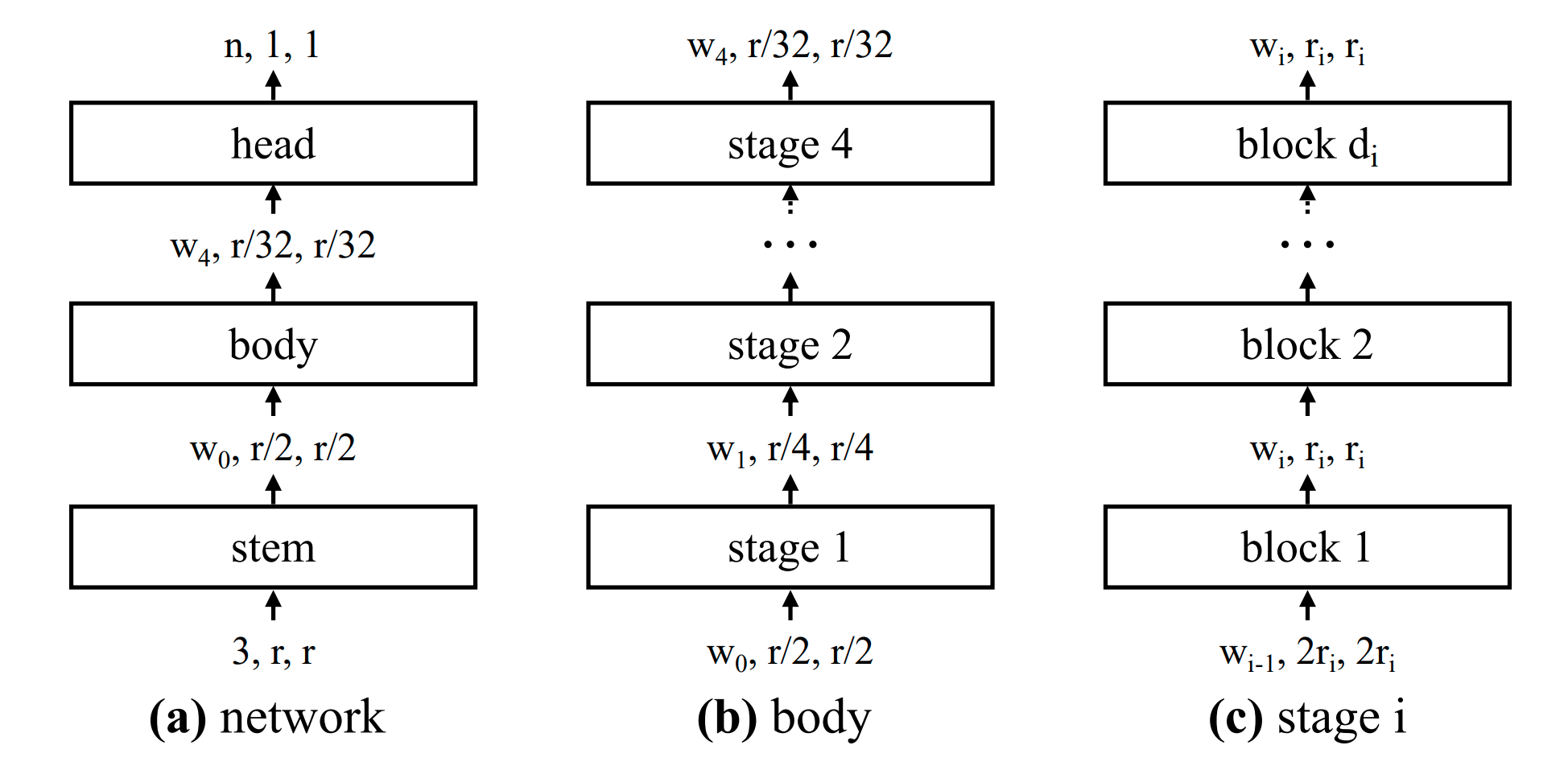File size: 2,106 Bytes
d11f258 70e68f5 6f59f5a d11f258 70e68f5 d11f258 70e68f5 d11f258 |
1 2 3 4 5 6 7 8 9 10 11 12 13 14 15 16 17 18 19 20 21 22 23 24 25 26 27 28 29 30 31 32 33 34 35 36 37 38 39 40 41 42 43 44 45 46 47 48 49 50 51 52 53 54 55 56 57 58 59 60 61 62 |
---
license: apache-2.0
tags:
- vision
widget:
- src: https://huggingface.co/datasets/mishig/sample_images/resolve/main/tiger.jpg
example_title: Tiger
- src: https://huggingface.co/datasets/mishig/sample_images/resolve/main/teapot.jpg
example_title: Teapot
- src: https://huggingface.co/datasets/mishig/sample_images/resolve/main/palace.jpg
example_title: Palace
---
# RegNetModel
RegNetModel model was introduced in the paper [Vision Models Are More Robust And Fair When Pretrained On Uncurated Images Without Supervision](https://arxiv.org/abs/2202.08360) and first released in [this repository](https://github.com/facebookresearch/vissl/tree/main/projects/SEER).
Disclaimer: The team releasing RegNetModel did not write a model card for this model so this model card has been written by the Hugging Face team.
## Model description
The authors trained [RegNets](https://huggingface.co/?models=regnet) models in a self-supervised fashion on bilion of random images from the internet

## Intended uses & limitations
You can use the raw model for image classification. See the [model hub](https://huggingface.co/models?search=regnet) to look for
fine-tuned versions on a task that interests you.
### How to use
Here is how to use this model:
```python
>>> from transformers import AutoFeatureExtractor, RegNetModel
>>> import torch
>>> from datasets import load_dataset
>>> dataset = load_dataset("huggingface/cats-image")
>>> image = dataset["test"]["image"][0]
>>> feature_extractor = AutoFeatureExtractor.from_pretrained("zuppif/regnet-y-040")
>>> model = RegNetModel.from_pretrained("zuppif/regnet-y-040")
>>> inputs = feature_extractor(image, return_tensors="pt")
>>> with torch.no_grad():
... outputs = model(**inputs)
>>> last_hidden_states = outputs.last_hidden_state
>>> list(last_hidden_states.shape)
[1, 1088, 7, 7]
```
For more code examples, we refer to the [documentation](https://huggingface.co/docs/transformers/master/en/model_doc/regnet). |